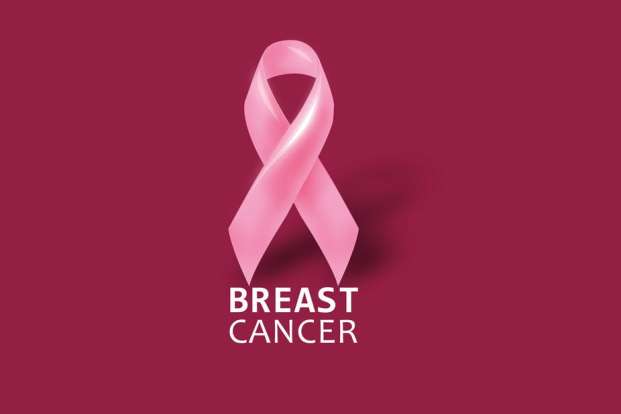Categories
- Bariatric Surgery (11)
- Black Fungus (5)
- Bone Marrow transplant (3)
- Brain Tumor Surgery Navigation Technology (20)
- Cardiac Surgery (66)
- Cardiology (97)
- Computer navigation technology for joint replacements (20)
- Covid Vaccination (17)
- Critical Care (2)
- Dental (19)
- Dermatology (31)
- Dialysis Support Group - “UTSAAH” (11)
- Dietitian (33)
- Emergency Medicine (4)
- Emotional Health (11)
- Endocrinology (33)
- ENT (20)
- Gastroenterology and GI Surgery (53)
- General and Laparoscopic Surgery (21)
- General Surgery (4)
- Gynecology & Obstetrics (183)
- Hematology (20)
- Internal Medicine (294)
- Kidney Transplant (50)
- Kidney Transplantation (20)
- Lung Cancer (8)
- Minimal Invasive Surgery (1)
- Mother & Child (20)
- mucormycosis (5)
- Nephrology (61)
- Neurology (147)
- Neurosurgery (68)
- Nutrition and Dietetics (107)
- Omicron Variant (1)
- Oncology (288)
- Ophthalmology (10)
- Orthopaedics & Joint Replacement (86)
- Paediatrics (59)
- Pediatric Nephrology (3)
- Physiotherapy (5)
- Plastic & Reconstructive Surgery (6)
- Psychiatry and Psychology (90)
- Psychologist (28)
- Pulmonology (72)
- Rheumatology (13)
- Spine Services (21)
- Transradial Angioplasty (16)
- Urology (84)
Query Form
Posted on Apr 19, 2022
Who is at risk for Anal Cancer?
Risk Factors for Anal Cancer
A risk factor is anything that affects your chance of getting a disease such as cancer. Different cancers have different risk factors. Some risk factors, like smoking or diet, can be changed. Many people with risk factors never develop anal cancer, while others with this disease may have few or no known risk factors. Several other factors have been linked to anal cancer. Anal cancer has been associated with smoking. Patients who smoke are three times more likely to develop anal cancer as those that don’t smoke. The risk of anal cancer increases with the number of cigarettes smoked per day and the number of years that a person has been smoking.

Some Common Risk Factors for Anal Cancer:
- Human Papillomavirus (HPV) Infection – Research shows that infection with this virus is a risk factor for anal cancer. Sexual activity with someone who has HPV is the most common way someone gets HPV. There are different types of HPV, called strains. Research links some HPV strains more strongly with certain types of cancers. There are vaccines available to protect you from some HPV strains.
- Age – Most people diagnosed with anal cancer are between age 50 and 80.
- Frequent anal irritation. Frequent anal redness, swelling, and soreness may increase the risk of developing anal cancer.
- Anal fistula.An anal fistula is an abnormal tunnel between the anal canal and the outer skin of the anus. The tunnel often drains pus or liquid, which can soil or stain clothing. An anal fistula may irritate the outer tissues or cause discomfort. An anal fistula may increase the risk of developing anal cancer.
- Cigarette smoking, Smoking tobacco – It can cause harm throughout the body. Chemicals from the smoke can enter the bloodstream and affect nearly every organ and tissue in the body. Smokers are about 8 times more likely to develop anal cancer than nonsmokers.
- Lowered immunity – People with diseases or conditions affecting the immune system—such as human immunodeficiency (HIV) or organ transplantation—are more likely to develop anal cancer.



